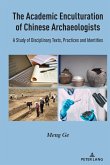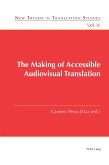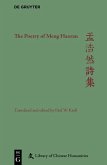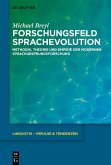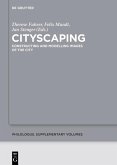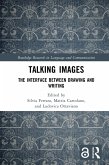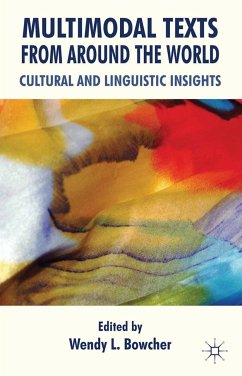In the past few decades, sustained and overwhelming research attention has been given to EAL (English as an Additional Language) scholars' English writing and publishing. While this line of research has shed important light on the scene of global knowledge production and dissemination, it tends to overlook the less Anglicized and more locally bound disciplines located at the academic periphery. This book aimed to fill the gap by examining the academic enculturation experiences of Chinese archaeologists through the lens of their disciplinary writing.
Consisting of a situated genre analysis and a multi-case study, the textographic study disclosed the immense complexity of archaeologists' texts, practices and identities. Important implications were generated for writing researchers and teachers as well as archaeologists and other HSS (the humanities and social sciences) scholars. This book would make a valuable reading for researchers and students of disciplinary/academic writing, second language writing and literacy studies.
Consisting of a situated genre analysis and a multi-case study, the textographic study disclosed the immense complexity of archaeologists' texts, practices and identities. Important implications were generated for writing researchers and teachers as well as archaeologists and other HSS (the humanities and social sciences) scholars. This book would make a valuable reading for researchers and students of disciplinary/academic writing, second language writing and literacy studies.
Dieser Download kann aus rechtlichen Gründen nur mit Rechnungsadresse in A, D ausgeliefert werden.



